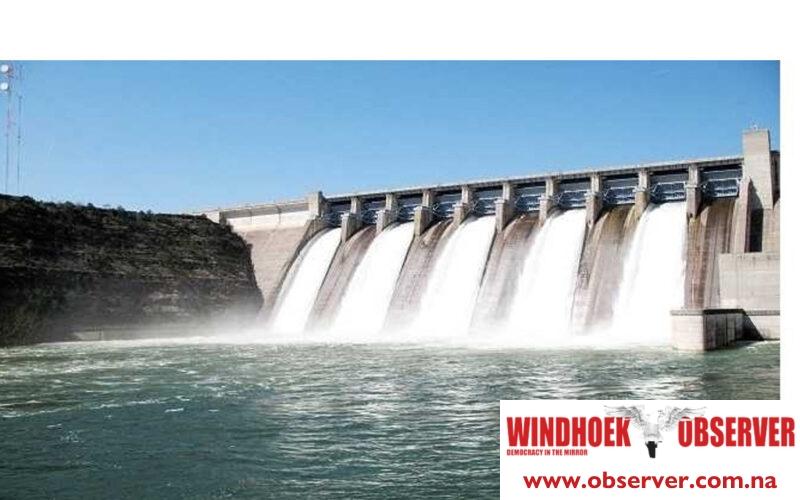Niël Terblanché
Namibia and Angola have announced the commencement of key components of the bi-national Baynes hydroelectric power project.
This development follows recent decisions by the Namibian Cabinet, which approved measures to mobilize funding and expedite the construction of critical infrastructure for the project.
This project is expected to be a game-changer in the region, reducing reliance on electricity imports and fostering greater cooperation between Namibia and Angola.
The Cabinet in its latest decisions, published on Thursday, directed the Ministry of Finance and Public Enterprises to commence mobilizing funding for Namibia’s obligation in constructing the Baynes regulating dam as well as the main dam.
Additionally, the Cabinet has mandated the expedited construction of the road access to the Baynes Project site, with work to begin no later than September 2024.
In principle, the Cabinet has approved the signing of the Baynes Implementation Agreement and mandated the Minister of Mines and Energy, Tom Alweendo, to sign the agreement on behalf of the Namibian Government.
The transformation of the Baynes Project Office into the Baynes Binational Implementation Unit has also been endorsed, with the unit set to collaborate with the Permanent Joint Technical Commission on the Cunene Basin (PJTC).
Furthermore, the Cabinet has approved the establishment of a Joint Project Office to be situated either in Windhoek or Luanda and selected the Public Funding Model as the preferred implementation model for the project.
The latest Cabinet decisions follow a bilateral meeting between Namibia’s Minister of Mines and Energy, Tom Alweendo, and his Angolan counterpart, João Baptista Borges, at the Lauca Hydroelectric Dam in June.
The Baynes project, initially earmarked to deliver 600MW, has seen its planned capacity increase to 881 MW.
This meeting built on discussions from a virtual meeting held in November 2023, focusing on the project’s progress and its strategic importance for both nations and the Southern African Development Community (SADC).
The completion of the Angola-Namibia Transmission Interconnection (ANNA Interconnection) is crucial for integrating Angola into the SADC regional power trading platform.
This interconnection will enhance regional energy security and provide additional export routes for excess power from the Kwanza and Kunene River basins.
In a joint communique, released in June, both ministers expressed satisfaction with the progress of key studies and assessments.
They announced the establishment of a Joint Baynes Implementation Unit and a joint bank account to manage project finances, with both governments committing to annual budget allocations.
The ministers stated in the joint communique that the Baynes hydroelectric project is set to transform the energy landscape of both Namibia and Angola, contributing to sustainable industrial and economic development.
Its successful implementation will enhance regional energy integration, drive economic growth, and foster greater cooperation among SADC member states.




